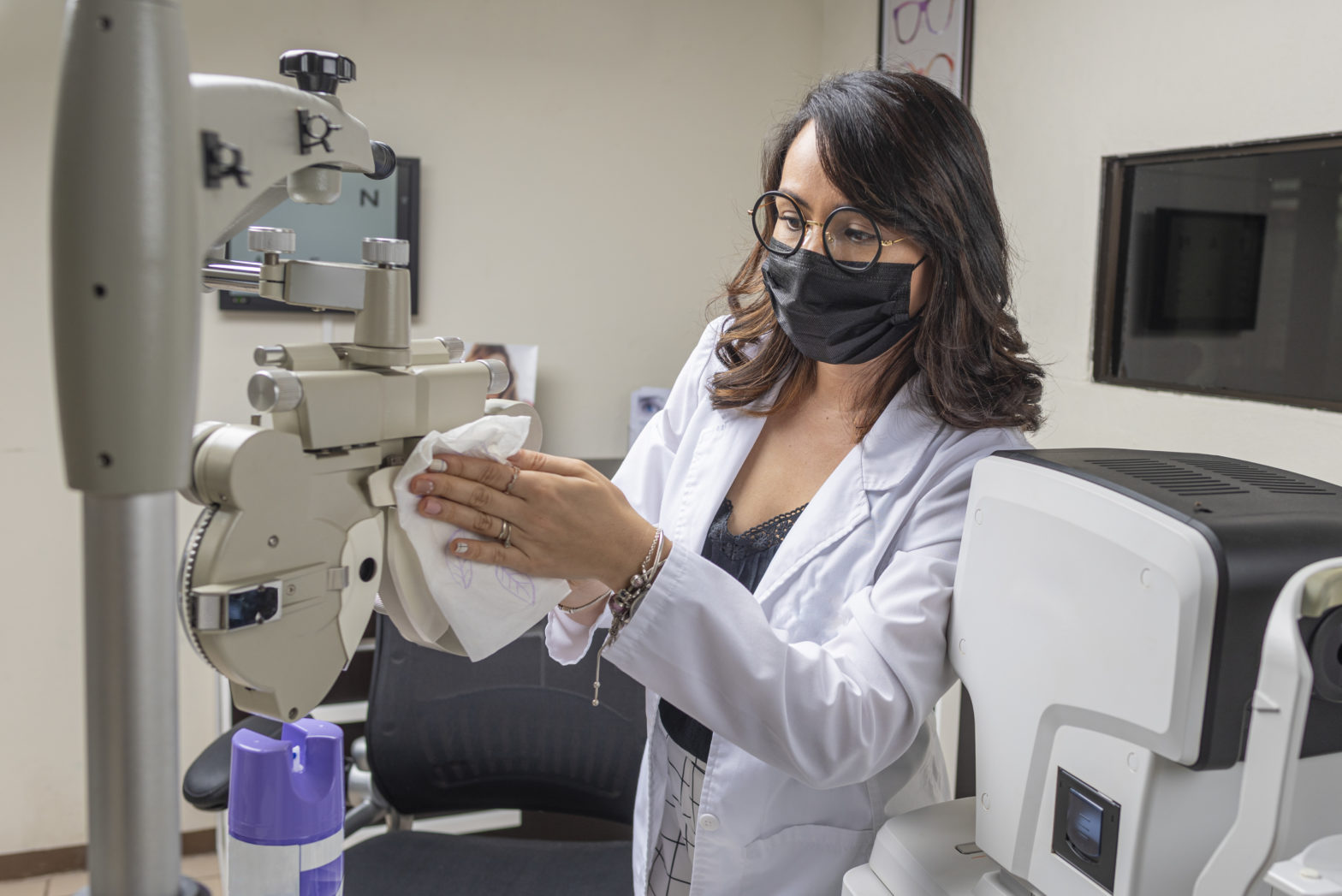Retinal health is essential to preserving clear, sharp vision, but few people realize the significant role that diet plays in maintaining it. The retina is a delicate, light-sensitive layer at the back of the eye responsible for capturing visual information and sending it to the brain.When the retina becomes damaged or detaches, it can lead to severe vision loss and may require immediate treatment, including retinal detachment surgery. While no food can reverse retinal damage, a diet rich in specific nutrients can strengthen the retina, improve eye health, and potentially reduce the risk of serious conditions like retinal detachment.
This blog covers the symptoms and causes of retinal detachment, the importance of key nutrients for retinal health, and the best foods to incorporate into your diet to maintain optimal retinal function.
விழித்திரைப் பற்றின்மை என்றால் என்ன?
ரெடீனா தனியாக வந்து விடுவது is a serious condition where the retina separates from the back of the eye, disrupting the supply of nutrients and oxygen. This condition often requires retinal detachment surgery or other forms of medical intervention to prevent permanent vision loss. Some common causes of detachment include aging, injury, and certain eye conditions like severe myopia. Recognizing symptoms early is essential, as timely detached retina treatment can be critical in preserving vision.
What are the Symptoms of Retinal Detachment?
Recognizing early symptoms is vital for timely intervention. Symptoms of retinal detachment may include:
-
மிதவைகள்
-
Flashes of Light
-
Blurred or Reduced Vision
-
புற பார்வை இழப்பு
If you notice these signs, consult a retina specialist or an eye doctor immediately. Early diagnosis and treatment are critical to preserving vision.
What are the Key Nutrients for Retinal Health?
A healthy diet cannot reverse retinal damage, but it can help support and maintain retinal health, potentially lowering the risk of retinal detachment and other degenerative conditions. The following nutrients are essential for a healthy retina:
-
Lutein and Zeaxanthin
-
வைட்டமின் சி
-
வைட்டமின் ஈ
-
Omega-3 Fatty Acids
-
Zinc
Incorporating these nutrients into your diet can be a valuable preventive step for maintaining retinal health.
Find the Best Foods for Retinal Health
Boosting your intake of the following foods can help support and protect your retina. However, if you have specific allergies or dietary restrictions, consult an eye specialist to find suitable alternatives.
1. Dark Green Leafy Vegetables
- Examples: Spinach, kale, collard greens, and Swiss chard.
- Benefits: These vegetables are rich in lutein and zeaxanthin, which filter harmful blue light and reduce oxidative stress on the retina.
2. Citrus Fruits and Berries
- Examples: Oranges, lemons, grapefruits, strawberries, and blueberries.
- Benefits: High in Vitamin C, these fruits strengthen blood vessels and support overall eye health.
3. Nuts and Seeds
- Examples: Almonds, walnuts, and sunflower seeds.
- Benefits: Nuts, particularly almonds, provide Vitamin E, while walnuts and flaxseeds are excellent sources of omega-3 fatty acids, which are essential for the retinal structure.
4. Fatty Fish
- Examples: Salmon, mackerel, sardines, and trout.
- Benefits: Fatty fish are high in DHA, an omega-3 fatty acid vital for retinal cells, which may reduce inflammation and support the retina.
5. Eggs
- Benefits: Eggs contain lutein, zeaxanthin, Vitamin E, and zinc, making them a well-rounded option for retinal health.
6. Legumes and Whole Grains
- Examples: Chickpeas, kidney beans, quinoa, and whole wheat.
- Benefits: These foods provide zinc, which supports the retina and helps prevent macular degeneration.
Incorporating these foods regularly into your diet can help build a foundation of nutrients essential for retinal health and may contribute to a lower risk of retinal detachment.
How to Prevent Eye Retina Detachment: Lifestyle and Dietary Tips
Retinal detachment often has multiple risk factors, and while a healthy diet plays a role, comprehensive prevention includes lifestyle adjustments and regular eye care. Here are some additional steps to consider:
1. Regular Eye Check-Ups:
Regular visits to an eye doctor are essential, especially if you are at risk for retinal detachment. Dilated eye exams allow doctors to monitor retinal health and detect early signs of detachment or other conditions.
2. Control Blood Sugar Levels:
Individuals with diabetes are at a higher risk for retinal issues. Controlling blood sugar levels through diet, exercise, and medication can reduce the risk of diabetic retinopathy, a condition that can lead to retinal detachment.
3. Protect Your Eyes from UV Exposure:
UV rays from the sun can damage the retina over time. Wearing sunglasses with UV protection and wide-brimmed hats can protect your eyes from harmful exposure.
4. Avoid High-Risk Activities Without Proper Protection:
Activities that involve sudden movements or risks of head trauma (such as contact sports) can increase the risk of retinal detachment. Always use protective eyewear and helmets when necessary.
5. Manage Other Health Conditions:
Conditions like high blood pressure, cholesterol, and obesity can increase the risk of retinal detachment. Managing these conditions through a balanced diet, regular exercise, and medications (if needed) can indirectly benefit retinal health.
முடிவுரை
Retinal health is vital to maintaining good vision, and a nutrient-rich diet combined with regular eye check-ups can reduce the risk of retinal detachment. However, it’s crucial to remember that no diet can reverse retinal detachment or retinal damage. If you experience symptoms such as flashes of light, floaters, or vision loss, seek immediate medical care to prevent permanent vision loss.
By prioritizing your retinal health through a balanced diet and lifestyle, you can support your eyes’ long-term wellness and reduce the risk of retinal detachment.









